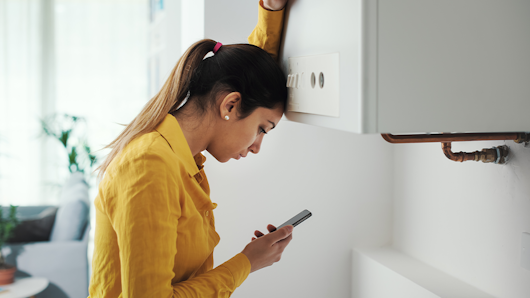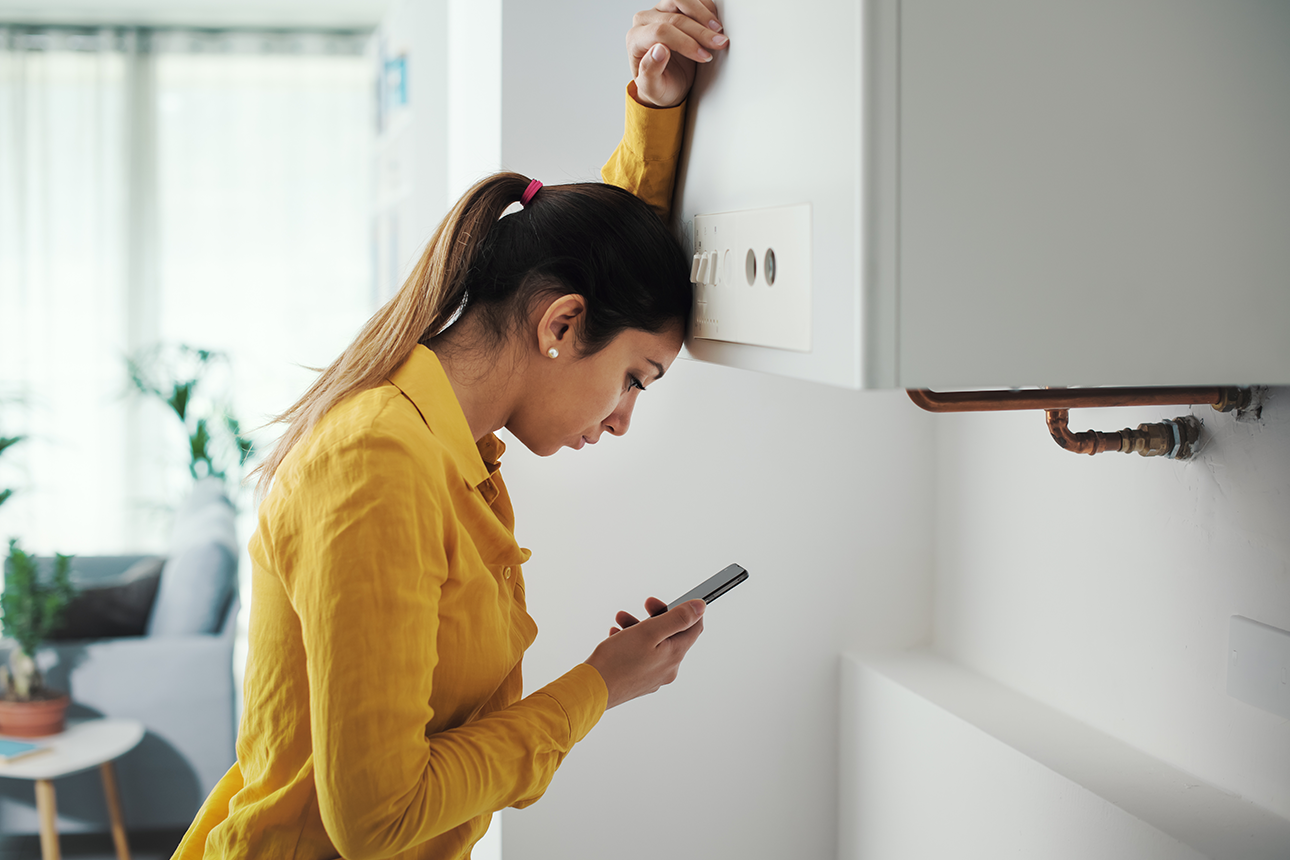Bought something online that never turned up? Or the item delivered is nothing like what was advertised? If the trader won’t refund you, a chargeback could the easiest way to get your money back.
If you haven’t heard about chargebacks, you’re not alone. Many consumers aren’t aware they’re an option and, as a result, could be missing out on refunds.
You can apply for a chargeback if you paid for a good or service by credit or debit card.
Our survey found nearly half (47 percent) of Kiwis didn’t know about chargebacks. One in four of those with a credit or debit card said they’d been in situations where they would have applied for a chargeback if they’d known it was an option.
Chargebacks can come in handy when you’ve bought goods from an overseas retailer and can’t rely on the Consumer Guarantees Act (CGA). The act only applies to traders operating in our market.
Here’s what you need to know about chargebacks and how they work.
What’s a chargeback?
In simple terms, a chargeback is where money paid to a retailer for an item is reversed out of its account and refunded to yours.
Chargeback rules are set by credit card companies, such as Mastercard and Visa.
All credit or debit card purchases, including contactless transactions, should be protected by the companies’ chargeback policies. Chargeback rights don’t apply if you paid by eftpos.
When can I apply for a chargeback?
Common situations where you can apply for a chargeback include:
You paid for goods or services that weren’t provided
The product turned up but wasn’t as described or was faulty
Your account was fraudulently or mistakenly debited
A promised refund wasn’t credited to your account
You cancelled a direct debit but the retailer kept taking money from your account.
How do I apply for a chargeback?
Your first step in any dispute with a trader is giving it the opportunity to put things right – a good retailer should do this straight away. If that doesn’t happen, then contact your bank or the card issuer (if it’s not your bank) and apply for a chargeback.
You generally have 120 days from the date of the transaction to apply for a chargeback, though time frames vary depending on the nature of the dispute. We recommend taking action as soon as you’re aware of the problem.
You’ll need to provide your bank with details of the dispute, such as the date and amount of purchase, a description of the goods or services ordered, and evidence of your efforts to resolve the matter with the retailer.
Keep a record of emails and any other correspondence with the retailer, setting out what the problem is and making your request for a refund clear. Having a paper trail will make it easier to argue your case.
If you received an incorrect item and returned it, but have yet to get your money back, provide proof of return. Track the returned item so you can see it’s been delivered to the retailer.
When you apply for a chargeback, the bank will investigate. The retailer will be asked for its side of the story. It may try to dispute your application but will need to provide evidence to support its case. If it doesn’t respond within the required time frame or doesn’t raise valid grounds for dispute, you’ll be refunded.
Will a chargeback cost me anything?
You may be charged if your chargeback application is unsuccessful. Check with your bank about its policy.

We know your rights
Got a problem with a faulty product, received shoddy service or been misled by a retailer? Our expert advisers can provide clear, practical advice that you can trust.
What if the bank says “no”?
If your bank declines your application and you think it’s acted unfairly, take your case to the Banking Ombudsman.
The ombudsman will look at whether:
you were given good information about how to dispute a transaction
your bank processed the chargeback request appropriately
your bank correctly assessed the retailer’s response to the chargeback
the credit card company’s time frames for chargebacks were followed.
Most complaints to the Banking Ombudsman are from consumers disputing payments when they think they’ve been misled by the retailer or discovered the service was a scam.
If your complaint is upheld, the ombudsman may award compensation. Your bank may also be told to process your chargeback application if it hasn’t done so.
Chargeback questions
I ordered one brand of TV but was delivered another. The company won't refund my money. Would I qualify for a chargeback?
Yes. When goods aren’t as described, and the supplier refuses to put things right, that’s grounds for a chargeback. The bank is likely to require evidence of what was ordered and what was delivered, and proof it was returned or that the seller has refused to accept the return.
I paid a deposit for a lounge suite but the business went bankrupt before it was delivered. Can I get a chargeback?
Yes. If a trader goes bust before you get your goods, you can apply for your bank for a chargeback.
The same applies if you’ve paid for a service, such as a plane ticket or holiday package, and the company goes under.
When STA Travel went into liquidation, customers who paid for tickets with a credit or debit card were able to apply to their bank for a chargeback.
What if the store’s account doesn't contain enough money to cover the chargeback?
The bank should still refund you and pass the charge on to the retailer's bank, which then has to try to retrieve it from the retailer.
I bought a study course with an unconditional 30-day money-back guarantee. I sent the goods back within 30 days but never received the refund. Is a chargeback available?
Yes. If the retailer has failed to provide the refund promised, you can apply for a chargeback.
When you return goods, keep evidence you’ve sent them back and that the retailer has received them.
I bought a computer from a store the other day but have now found a better deal elsewhere. Can I reverse the purchase?
No. You can't get a chargeback simply because you found a better offer elsewhere or just changed your mind. The only exception would be if the store promised to refund the difference if you found a better price at another store. If it failed to provide the promised refund, you can apply for a chargeback.

Your wins
One of the things we’re most proud of is when we can help our members get a fair deal. Here are some of the recent times we've helped people deal with their consumer issues.



